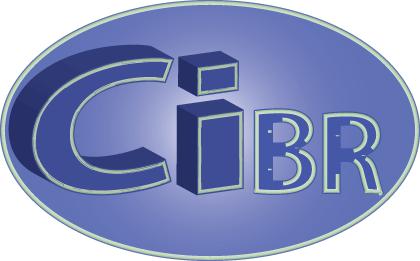Recruitment in Belgium and Romania: Employer Branding

Why Employer Branding?
Employer branding is defined as “the package of functional, economical, and psychological benefits provided by an employer and identified with the employing organization.” Employer branding is meant to convey the identity of the organization, the working culture, and why it is valid for a potential employee to choose them. Employer branding helps to land the right talent as well as help the existing employees create a deep sense of loyalty with the organization. An organization’s name or logo ultimately have little to do with its brand. A brand is a synopsis of what the organization stands for or represents. Promoting these characteristics is a way of projecting an organization’s brand and attracting people who share the same values.
Digitalize Your Employer Brand Strategy in a Mobile way
The digital technologies underlying talent attraction, engagement and retention may not be new, but they are being used to new effect. Enormous amounts of information are accessible as never before, from what’s being said about your company online to internal forums focused on improving business processes.
Analytical and processing capabilities have made similar leaps with algorithms scattering intelligence across digital networks. Mobile devices such as smartphones, tablets, and phablets make that information and computing power accessible to users around the world.
As these technologies gain momentum, they are profoundly changing the strategic context of employer branding. Research by Employer Brand International found social media (58 percent) to be the No. 1 channel for communicating the employer brand while only 21 percent are using a mobile-optimized career website to communicate their employer brand.
Employer Brand Should Tell Compelling Stories
Speaking of the story of your organization, employer branding is all about the stories you develop and tell your audiences. Again, people are far more interested in what you do and how you’ve affected your employees, community and industry than they are reading a bulleted list of your benefits package.
Make use of the tools you have in social media, blogs and careers pages. Instead of mentioning the educational assistance perk on your career page, gather testimonials from current students or graduates who used your program to further their career. This will show potential career paths within the organization, explain the reality of the program and even introduce real employees in a way that allows the job seeker to see themselves in your company, working alongside those individuals and taking advantage of those benefits.
Convinced you need to start focusing on employer branding? Great! But where to do you begin? Here are a few tips to get you started:
1. Define who you are and what you want to say
This may seem like a no brainer, but you’d be surprised how many people have a hard time articulating exactly what their company does and why it matters. Take a quick survey of employees from different departments – if they all aren’t saying the same thing, your brand needs to be more clearly defined. It’s essential to know who you are as a brand and be able to communicate that and your stance in the world to your customers.
2. Make social media a priority
Social media is here to stay, and it should be an integrated, valuable element of your marketing and recruitment strategy. Social media remains an often-untapped resource for HR managers and executives. Not only is it a prime avenue to authentically show off your brand culture, it’s also a great place to post job openings and opportunities.
Since social media is primarily visual, make sure your job posting fits with the nature of each platform. A visual job posting software like ViziRecruiter is an easily integrated asset for your social media communication efforts.
3. Get your leadership on board
This one may be easier said than done, but getting your leadership or executive team on board with making branding a priority will help it trickle down faster. Being able to demonstrate the value in employer branding will be essential for them to justify an investment in time, money and staff resources.
Showing them blogs like this one or other relevant content is a good place to start. Consider putting together a case study about companies who exceed at employer branding and clearly demonstrate how it has helped their bottom line, recruit top talent or solidify brand loyalists.
4. Create relevant content
Once you’ve defined who you are, the next step is figuring out what you want to contribute as a brand to your customers, or the world at large. Does your product or service cater to women? If so, think about other things they care about that are still relevant to your brand. Provide them with tips on saving time or making their lives easier.
Post regular blogs to your website, tidbits on social media or in a monthly e-newsletter. The real success will come naturally when you’re authentic and genuine to who you are and the people you serve.
Need help: mail frjacobs@telenet.be
